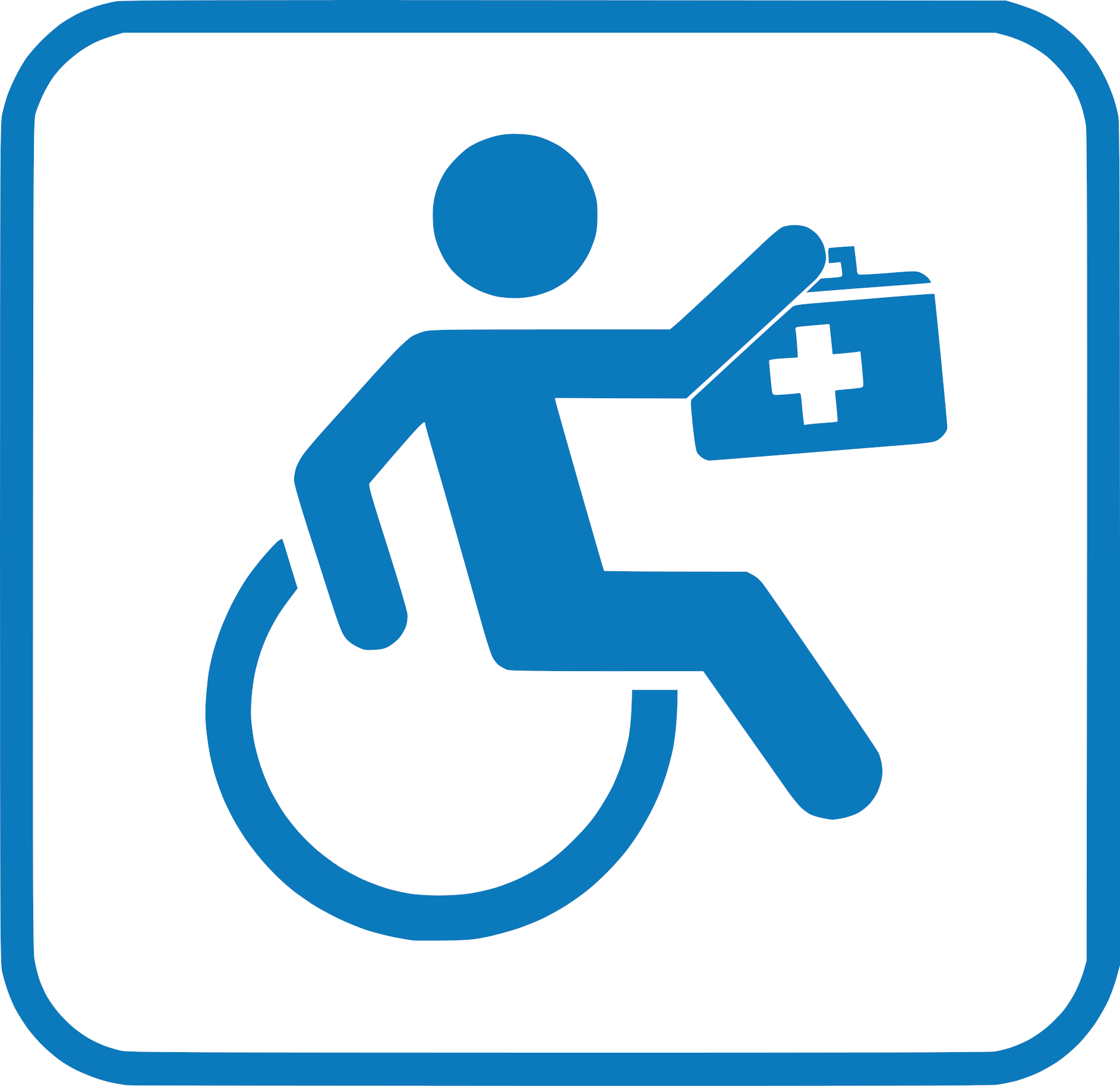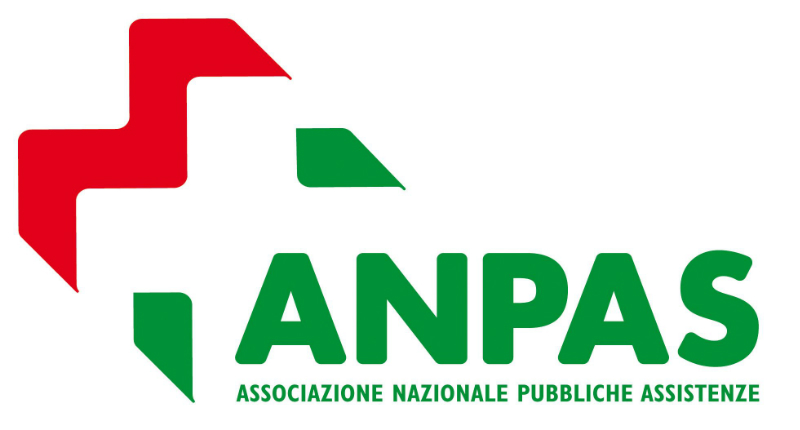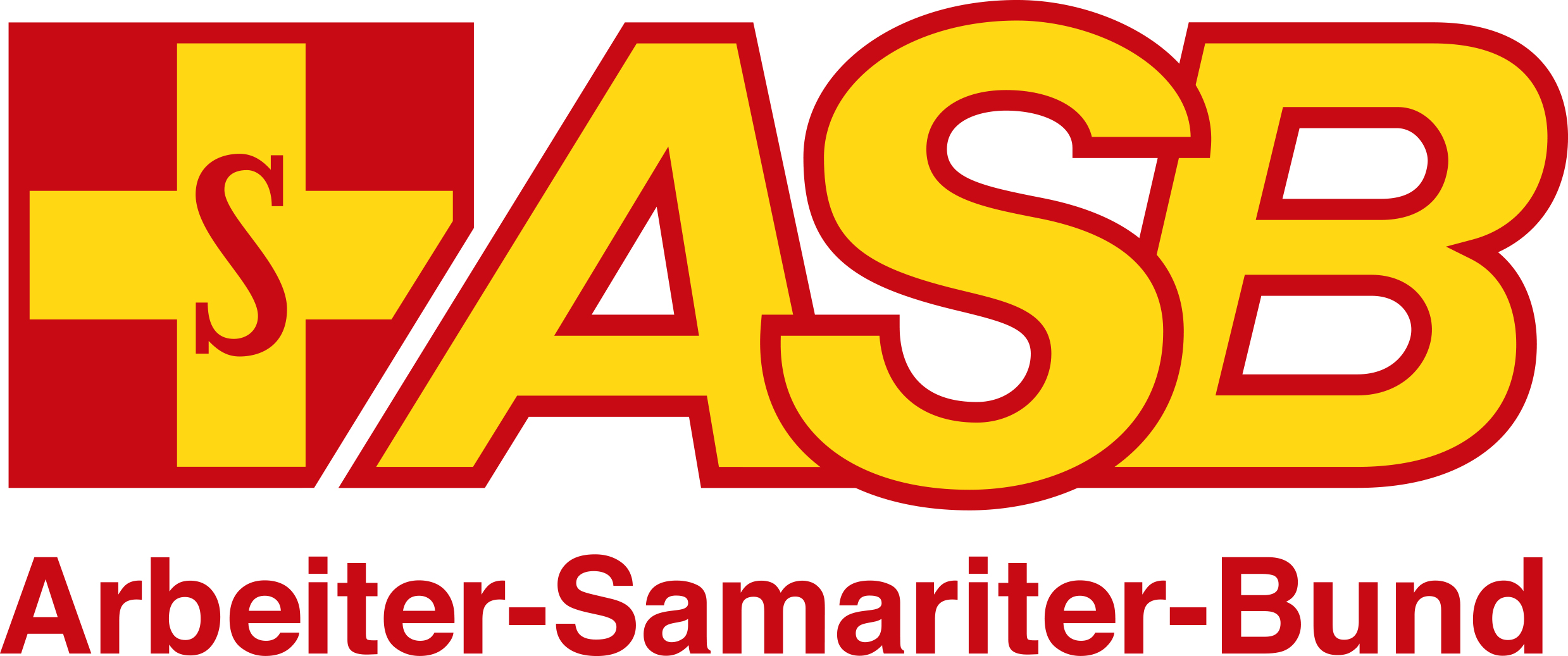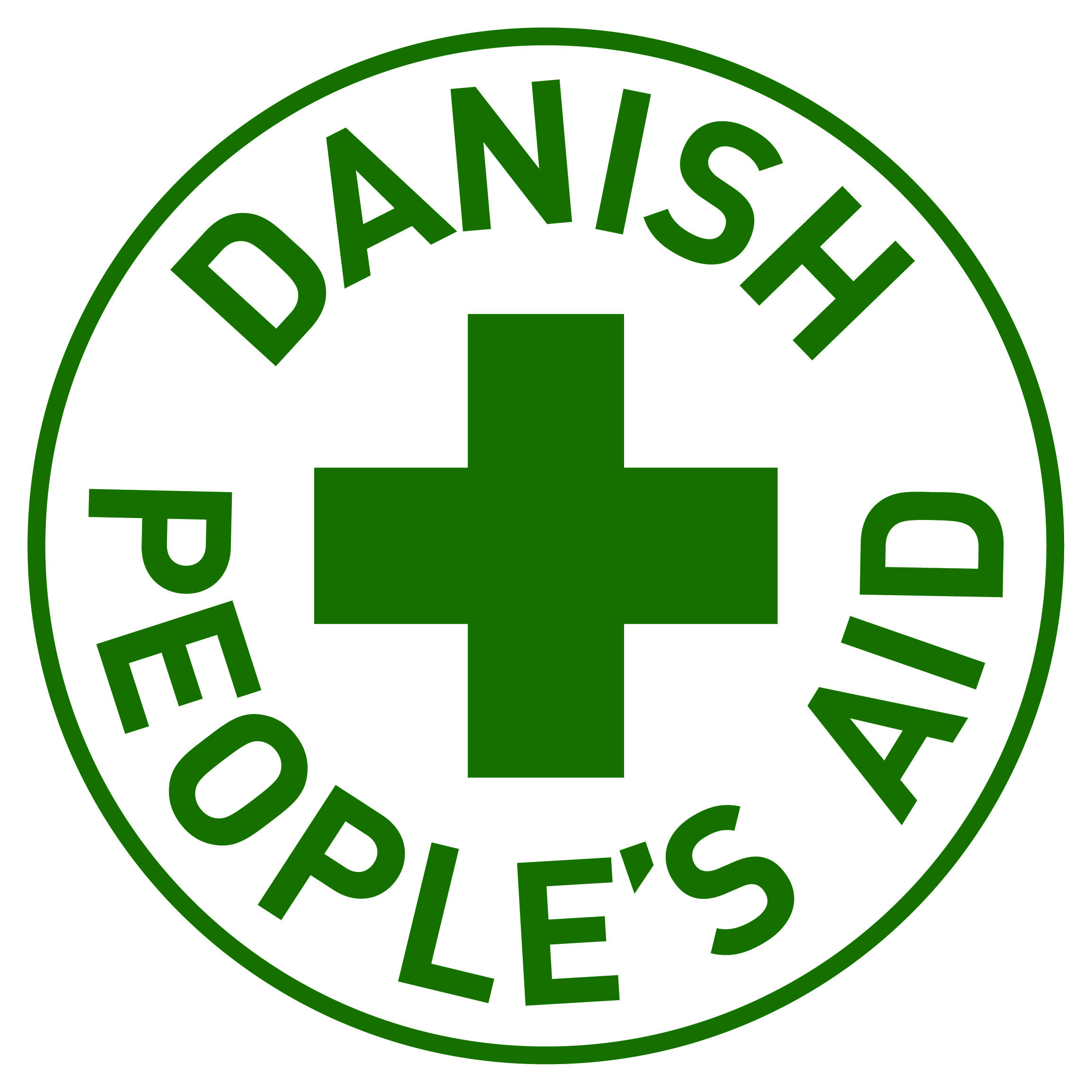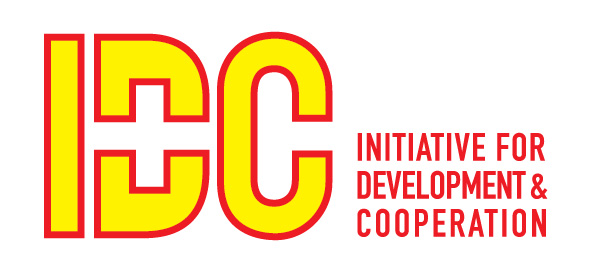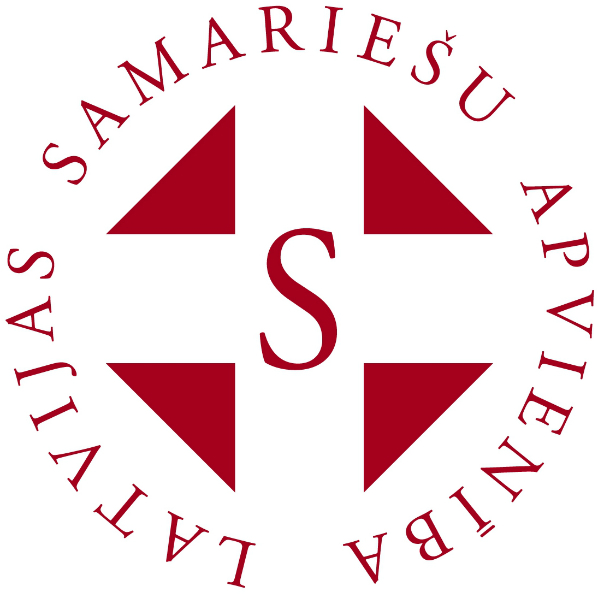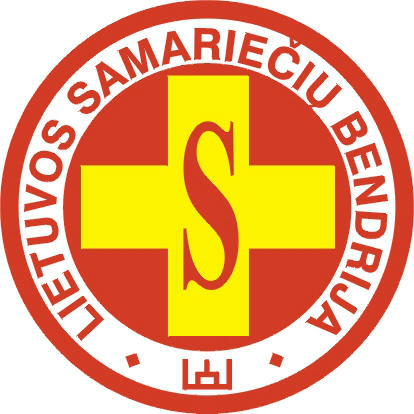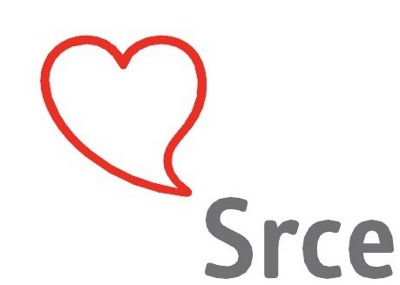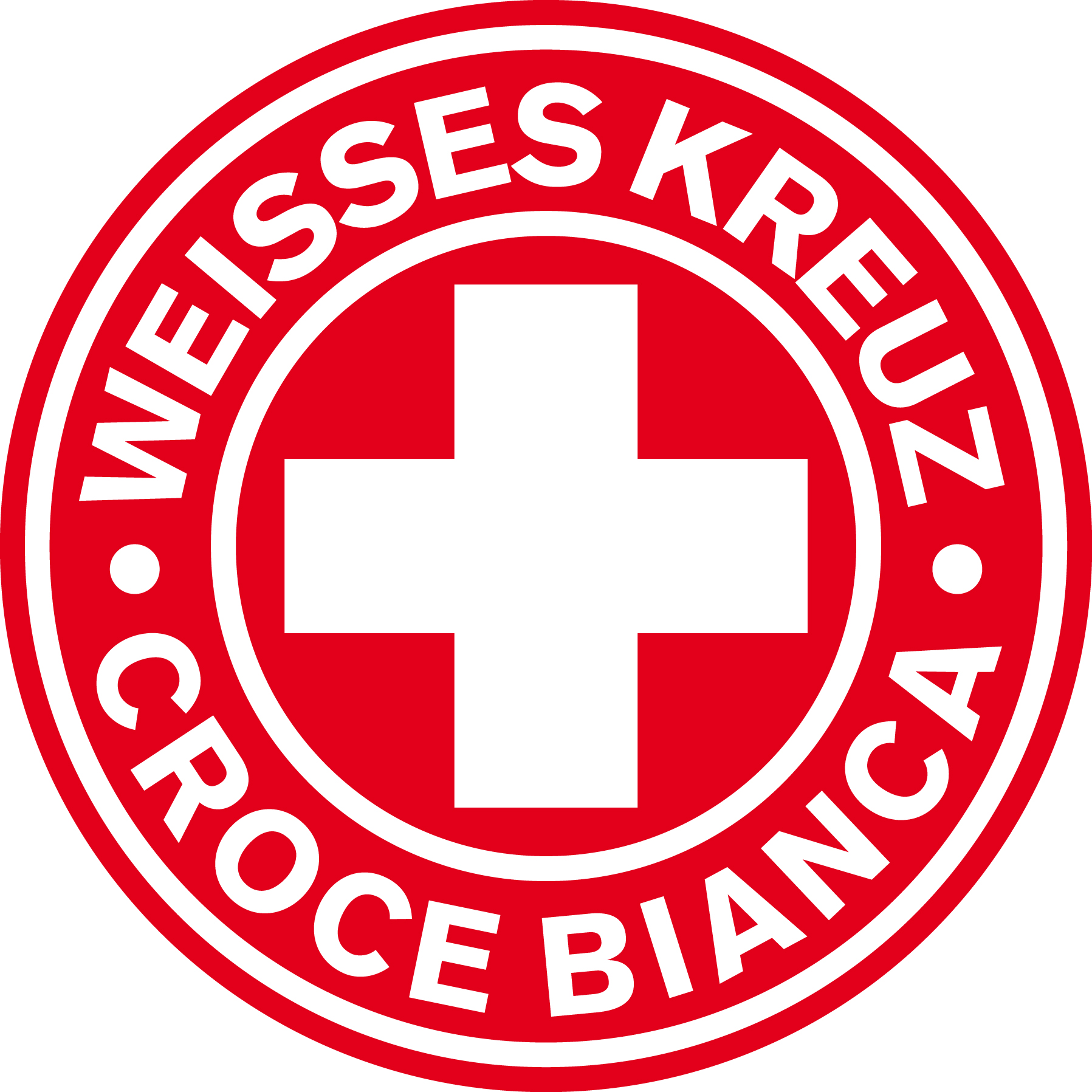Second meeting discusses Danish first aid practices
Posted on |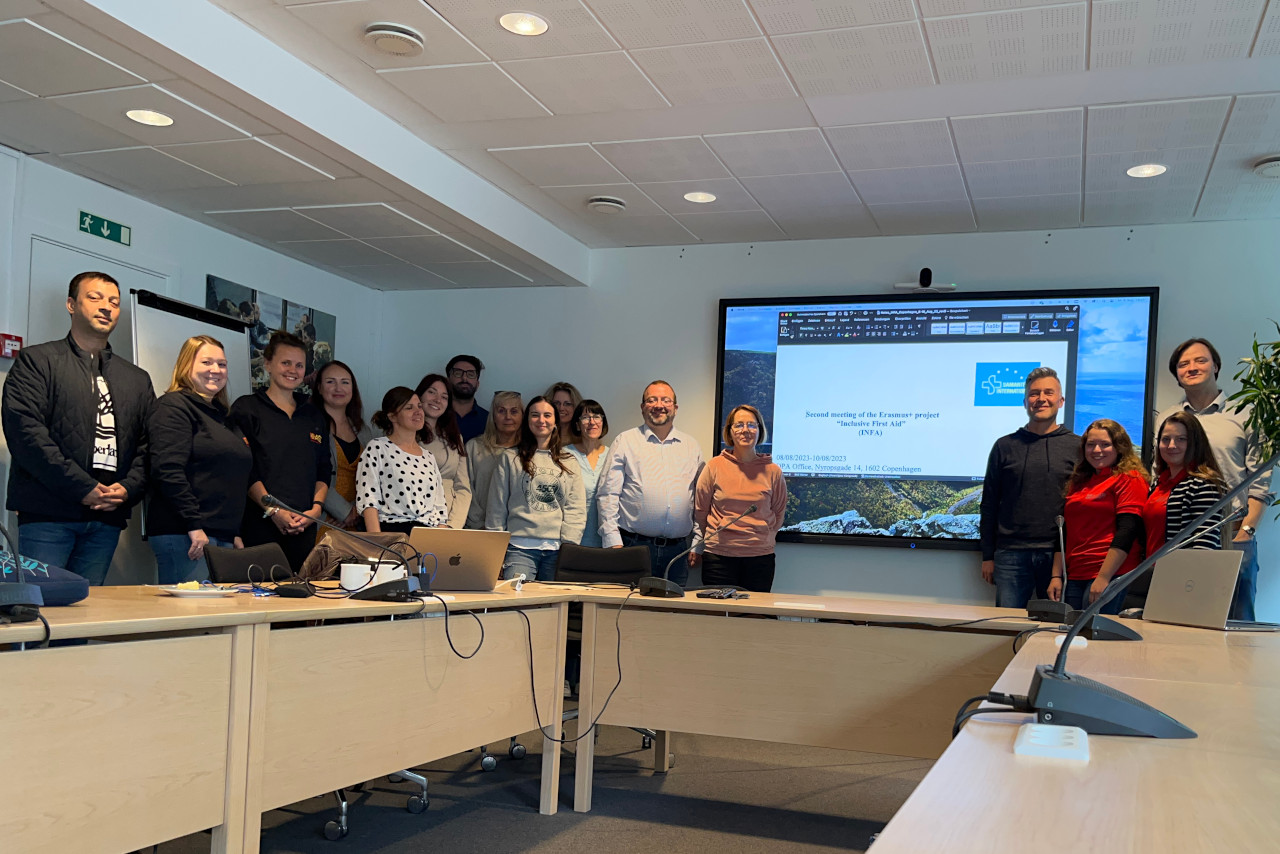
From 8-10 August 2023 “Inclusive First Aid” (INFA) met in Copenhagen, hosted by project partner DPA.
At an earlier meeting in Florence, the project group had discussed and defined general points on what principles to observe when offering first aid training for persons with disabilities. For the definition of these principles, the SAM.I. partners in the project are collaborating with several disabled person’s organizations who are also sent each practice presented in the project again for feedback, before it can make its way into the best practice brochure that will be created toward the end of the project.
In Copenhagen, the current state of first aid training for persons with disabilities was presented by Danish People’s Aid.
The Danish first aid training system has a lot of provisions that facilitate first aid training for persons with disabilities. The regular course materials were already developed with accessibility in mind. The main course book is authored in easy-to-read language and, in addition, is available as an audiobook to registered course participants. Even certification, a challenging issue because certificates are often defined in details that, when observed exactly, make learning less accessible, has already been considered. The general first aid certificates allow a differentiated statement of course completion and, in the common case of driving licenses, the first aid requirement is considered fulfilled even if the mainstream course cannot be completed exactly as planned because of a disability.
Yet, statistically, people with disabilities are underrepresented in first aid education in Denmark. Among the discussed points to improve this situation was the outreach / better public communication of the availability of courses to encourage people with disability to learn first aid, but also better trainer education. Inclusive courses and actually using the benefits of the relatively favorable framework conditions with the ready-made materials and flexible certification system is only a footnote in the pedagogical part of first aid trainer education. Consequently, trainers will not be as confident in offering courses for trainees with a disability as they could and should be. These and other discussion points will be added to the practice report, before it will be reviewed at the next meeting of the INFA project.
The next session of INFA will showcase practices by local branches of project partner ASB and will take place in Kiel, Germany.
